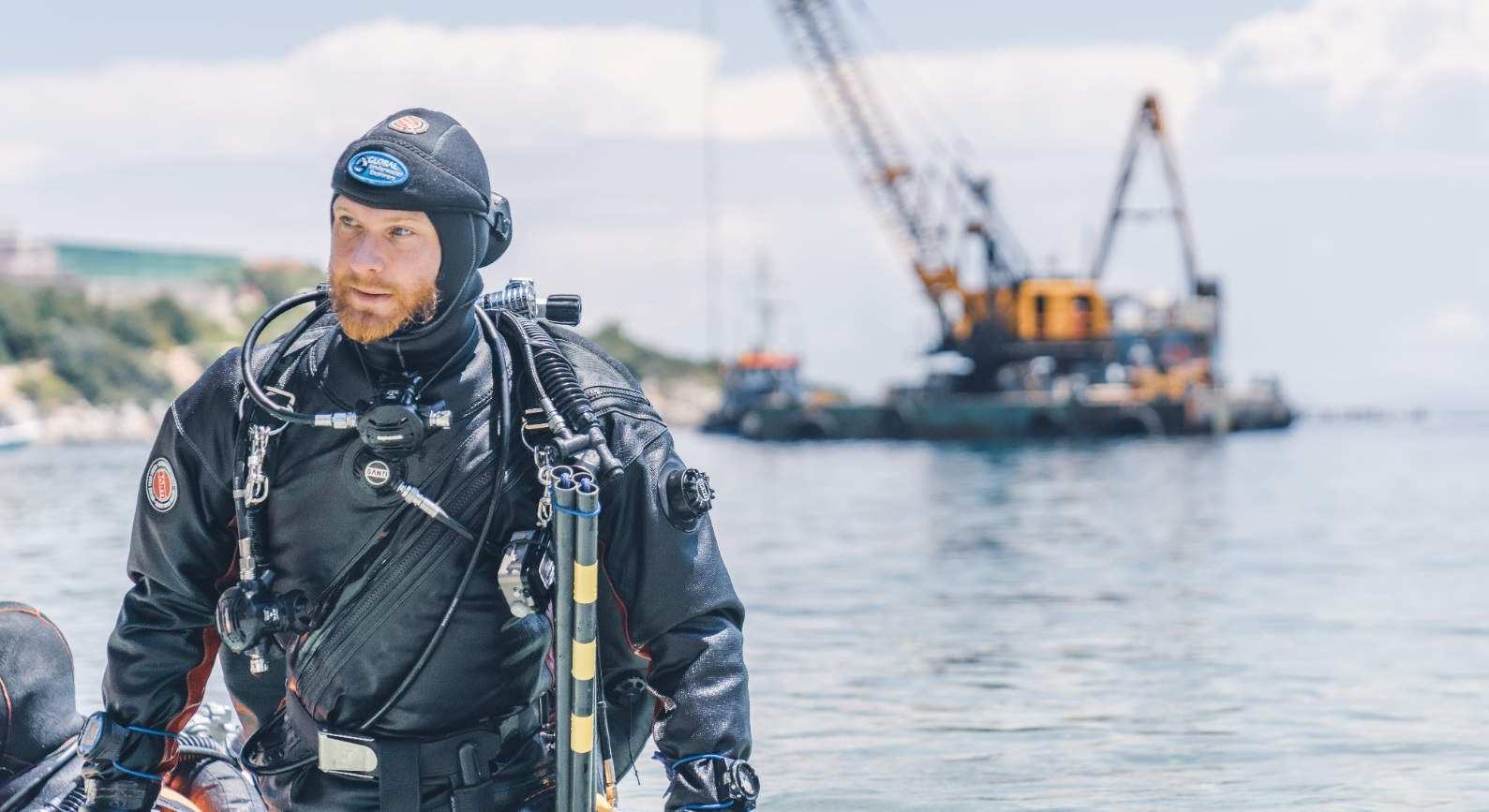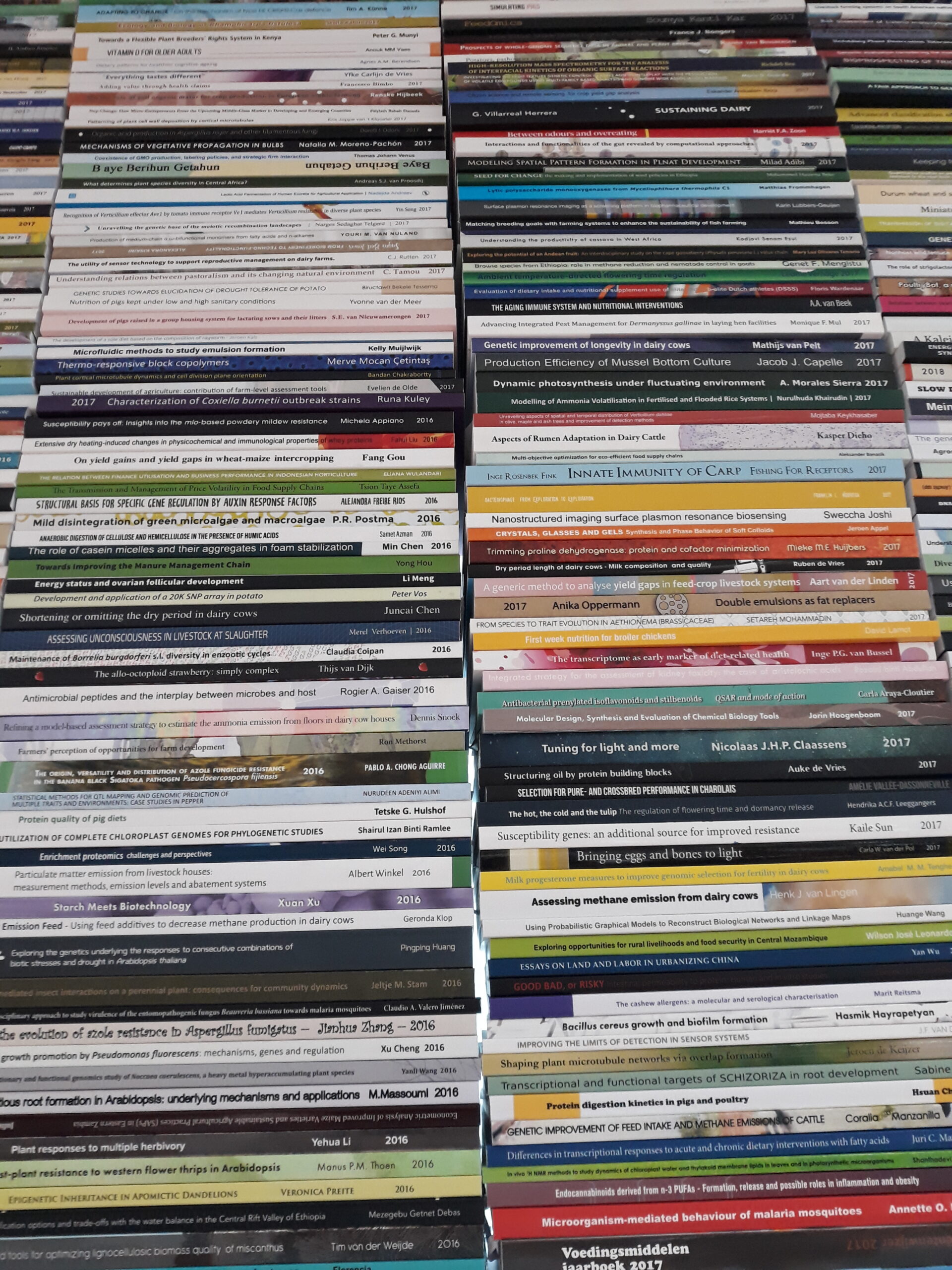That ban was introduced unilaterally last July because it was not clear what health and safety rules applied to the divers. With the introduction of a new national protocol on diving for scientific purposes, the ASG directors have decided to lift the ban as of 1 May.
Scientists and students who dive for their research officially have to keep to the rules for professional divers. ‘But in practice that never happens anywhere,’ says professor of Marine Animal Ecology Tinka Murk. ‘That would mean a PhD candidate would have to spend two years training to become a professional diver. Half your PhD time would be gone before you could get in the water.’
That does not mean the diving is unsafe, according to Murk. ‘But nor does it mean it’s safe. It is simply a grey area.’ Murk’s attempts to get clarity led to a temporary ban by the ASG directors. That caused problems for a lot of projects. Murk: ‘Some people resolved the problem by going snorkelling, but that is tougher and much more dangerous than diving.’
Diving lesson
The ban was not WUR-wide. Murk says that led to the strange situation where ASG researchers were unable to dive with compressed air and Environmental Sciences Group researchers at the same location could dive down. To tackle the grey area in the health and safety rules, a national platform was set up for all the institutes that go diving for research.
Some resolved the problem by going snorkelling
The result is a uniform protocol for scientific diving that is in line with the rules elsewhere in Europe and the US. The new protocol has now been sent to the Labour Inspectorate for approval. Part of the protocol is a certificate for scientific diving that is valid throughout Europe. WUR will run a training programme for the certificate for staff and students who go diving.

 Eric Würz of Marine Animal Ecology obtained his qualification last year. He is one of two certified scientific diving instructors in the Netherlands. Own photo.
Eric Würz of Marine Animal Ecology obtained his qualification last year. He is one of two certified scientific diving instructors in the Netherlands. Own photo. 


Have been a practicing diving instructor myself, I am surprised to read this article and the opinions ventilated. Such as snorkeling would be more dangerous than diving?